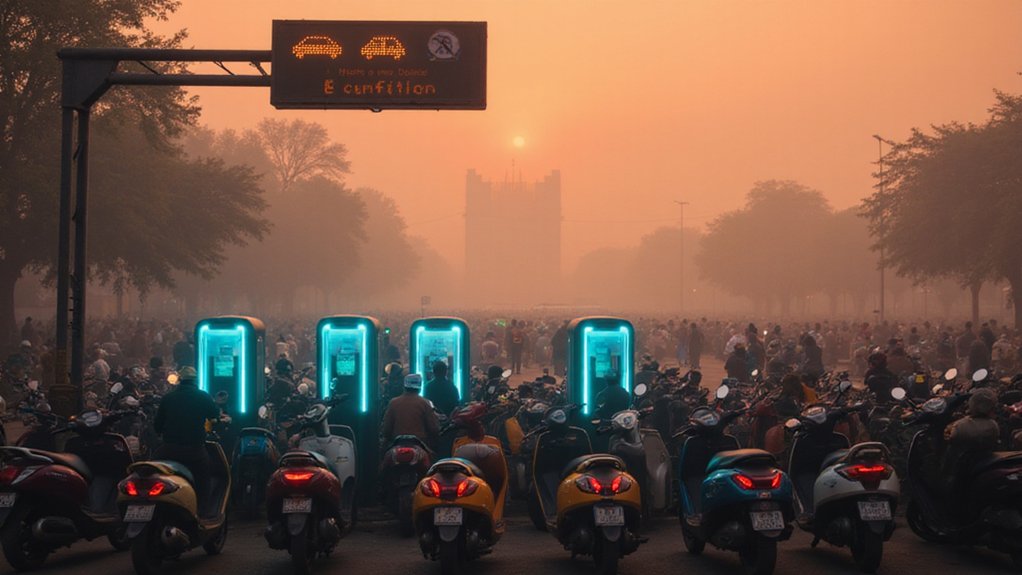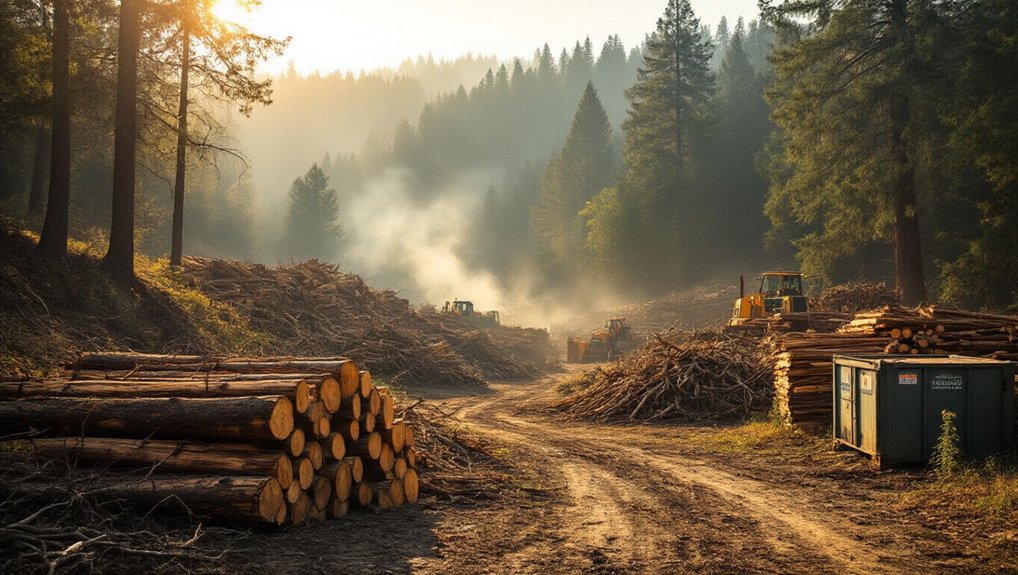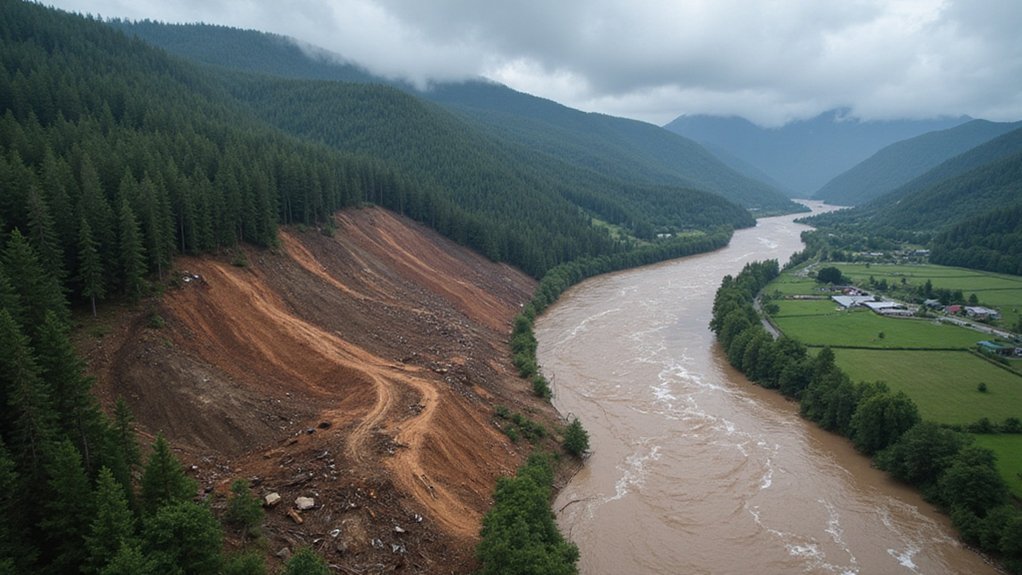Britain is betting big on sci-fi climate solutions. The government just allocated £50 million through Aria for geoengineering projects that reflect sunlight back to space. Real outdoor experiments—not just computer models—will test technologies like stratospheric aerosol injection and marine cloud brightening. Critics worry about unpredictable side effects on weather patterns and ecosystems. All experiments are supposedly reversible, but several U.S. states have already banned similar research. The climate gamble continues.
Dozens of British scientists are gearing up for a controversial mission: blocking the sun. The Advanced Research and Invention Agency (Aria) has earmarked a whopping £50 million for projects aimed at reflecting sunlight back into space. Because apparently turning off the sun is now Plan B for climate change. Details on which specific projects will receive funding are expected within weeks.
Britain’s latest climate solution? A £50 million sunblock. Because sometimes you need industrial-strength SPF for an entire planet.
These aren’t just theoretical exercises. The money will fund real outdoor experiments—”small controlled trials” they’re calling them—alongside computer models. Britain is poised to become one of the world’s biggest funders of geoengineering research, which might make you wonder if they know something we don’t.
The technologies sound like sci-fi movie plots. Stratospheric Aerosol Injection would release particles high in the atmosphere to bounce sunlight back to space. Marine Cloud Brightening aims to make clouds more reflective by spraying sea salt from ships. Experiments will focus on controlled outdoor approaches, ensuring they remain contained and measurable. There’s even a plan to tinker with cirrus clouds to let more heat escape. Cool ideas. Literally.
Why the rush? Progress on cutting emissions is moving at a glacial pace—ironically, while the actual glaciers are melting faster than ever. Scientists argue we need a temporary solution—a brake on rising temperatures—while the world gets its act together on carbon. The intensifying effects of global warming have driven increased interest in these controversial techniques. These schemes address symptoms rather than root causes like the fossil fuel emissions that have driven CO2 levels to unprecedented heights.
The projects involve diverse teams of climate scientists, chemists, and policy experts. They’ve promised no persistent harmful substances will be released, and all experiments must be reversible. That’s reassuring. Kind of.
Not everyone’s thrilled. Critics warn about unpredictable side effects on weather patterns and ecosystems. Several U.S. states have banned similar research outright. There’s also no international framework governing these climate hacks, so it’s a bit of a Wild West scenario.
If successful, these technologies could potentially be deployed globally within a decade. A quick fix for centuries of pollution. What could possibly go wrong?
References
- https://www.gbnews.com/science/science-news-latest-britain-approve-sun-dimming-experiments-climate-change
- https://theweek.com/environment/why-uk-scientists-are-trying-to-dim-the-sun
- https://www.telegraph.co.uk/news/2025/04/22/experiments-to-dim-the-sun-get-green-light/
- https://www.nysun.com/article/u-k-set-to-greenlight-experiments-to-dim-sunlight-to-combat-climate-change-after-u-s-states-ban-similar-proposals
- https://green.org/2025/04/10/uks-10-million-study-can-blocking-the-sun-reverse-global-warming/









